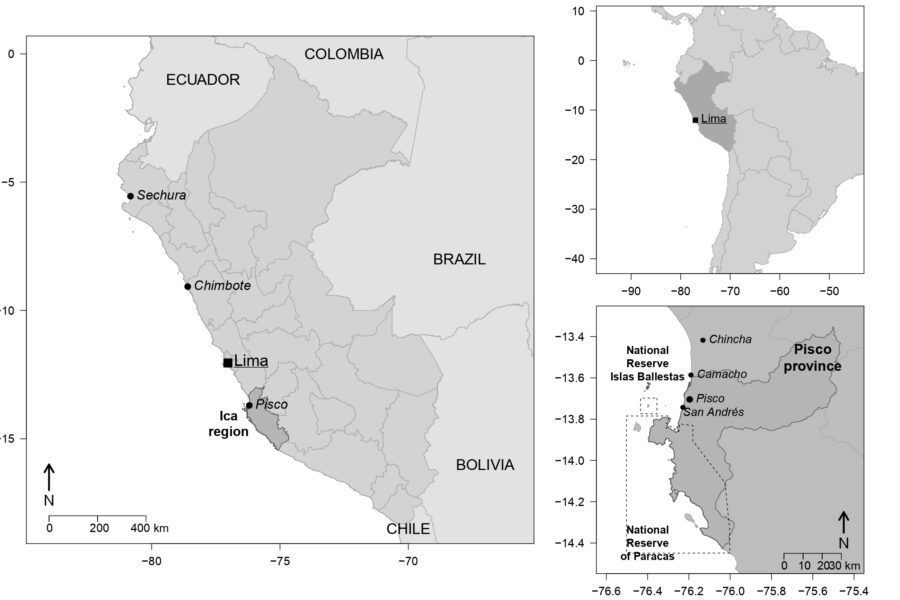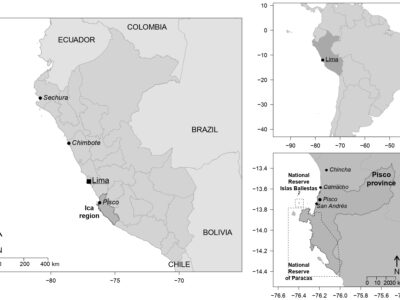The goals were:
1. To contribute to the body of knowledge on participatory scenarios for marine social-ecological systems which is more limited than for terrestrial SES.
2. To contribute to scale down (localize) future scenarios.
3.To increase our knowledge on the drivers of change shaping the future of the Peruvian Marine social-ecological systems tied to the Humboldt Current Upwelling System.
4. To inform modelers from the Humboldt Tipping Project (https://humboldt-tipping.org/en).
This multi-step participatory method allowed stakeholders to generate narratives of the future through a collaborative process, collecting and acknowledging multiple perspectives. Diverse positions of local actors were highlighted, concerning political dynamics as well as broader issues of knowledge production. Notably, different interpretations of sustainability were articulated – ranging from a technocratic understanding paired with a neo-liberal economic vision to transformative approaches that embrace localized political, economic, and ecological alternatives. Moreover, the engagement with local and regional actors brought trade-offs to the fore regarding the capacity to adapt and the role accorded to technological development.
The scenarios were made in: 2019
The scenarios look out to: 2039

